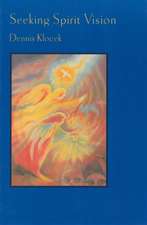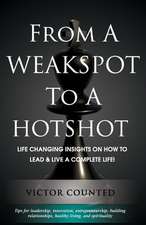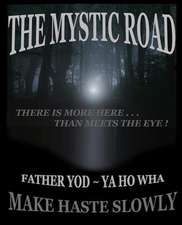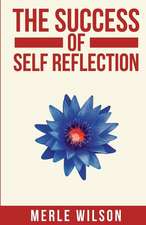Initiation Science: The Collected Works of Rudolf Steiner
Autor Rudolf Steiner Traducere de Anna R Meussen Limba Engleză Paperback – 20 ian 2017
Returning to Dornach, Steiner breaks with the theme and reports on his recent visit to England and Wales, where he attended an educational conference in Ilkley, a summer school in Penmaenmawr, and a school for the disadvantaged in the London East End. Steiner speaks of the particular atmosphere he experienced in West Yorkshire and North Wales, where remnants of Druid spirituality live in the surroundings. The latter theme emerges strongly in following lectures, which examine the Druid priest's Sun initiation and perception of Moon spirits. The Druids investigated secrets of the universe, influencing both social and religious life. He also describes the mythic being of Woden, who signified the birth of intellectuality and the subsequent fear of death, which he asserts can be healed by the Mystery of Golgotha.
In the final section, Rudolf Steiner discusses the past, present, and future development of the human mind. Again, he discusses the importance of Druid culture, noting that the ground plans of the stone circles in Penmaenmawr are similar to that of the first Goetheanum. He also points to the crucial roles of the ancient mysteries and Christ's deed in human development.
Preț: 108.76 lei
Nou
Puncte Express: 163
Preț estimativ în valută:
20.81€ • 21.73$ • 17.19£
20.81€ • 21.73$ • 17.19£
Carte disponibilă
Livrare economică 25 martie-08 aprilie
Livrare express 08-14 martie pentru 23.99 lei
Preluare comenzi: 021 569.72.76
Specificații
ISBN-13: 9781855845312
ISBN-10: 1855845318
Pagini: 216
Dimensiuni: 152 x 234 x 18 mm
Greutate: 0.34 kg
Editura: Rudolf Steiner Press
Seria The Collected Works of Rudolf Steiner
ISBN-10: 1855845318
Pagini: 216
Dimensiuni: 152 x 234 x 18 mm
Greutate: 0.34 kg
Editura: Rudolf Steiner Press
Seria The Collected Works of Rudolf Steiner
Notă biografică
Rudolf Steiner (1861-1925) was born in the small village of Kraljevec, Austro-Hungarian Empire (now in Croatia), where he grew up. As a young man, he lived in Weimar and Berlin, where he became a well-published scientific, literary, and philosophical scholar, known especially for his work with Goethe's scientific writings. At the beginning of the twentieth century, he began to develop his early philosophical principles into an approach to systematic research into psychological and spiritual phenomena. Formally beginning his spiritual teaching career under the auspices of the Theosophical Society, Steiner came to use the term Anthroposophy (and spiritual science) for his philosophy, spiritual research, and findings. The influence of Steiner's multifaceted genius has led to innovative and holistic approaches in medicine, various therapies, philosophy, religious renewal, Waldorf education, education for special needs, threefold economics, biodynamic agriculture, Goethean science, architecture, and the arts of drama, speech, and eurythmy. In 1924, Rudolf Steiner founded the General Anthroposophical Society, which today has branches throughout the world. He died in Dornach, Switzerland.
Descriere
In an astonishing series of lectures on the science of spiritual knowledge, Rudolf Steiner begins by addressing an audience in Dornach, Switzerland - where, only months earlier, his architectural masterpiece, the first Goetheanum, had been destroyed by fire.






















